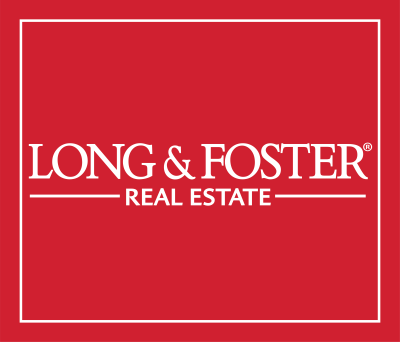When you buy a property you expect to be able to occupy and use the property, free from liens and to be able to freely sell or pledge your property as security for a loan. Title Insurance provides safeguards for the title to your property. Title issues include forgery, fraud, prior claims of ownership, judgments, liens, unpaid past property taxes and mechanic’s liens etc. Your property may have changed hands many times through sale, inheritance, foreclosure or bankruptcy. Each transfer was an opportunity for an error in the chain of title to arise. If an error occurred and has never come to light, it puts the title to your property in jeopardy.
As part of settlement, your title company will attempt to find all issues that could cloud the title, but there may be issues that cannot be found. Documents may be misfiled; a will may not have been probated and valid heirs still potentially own the property; unsatisfied claims were not shown on the record; deeds were executed under expired or false powers of attorney. Hence the need for title insurance.
 There are two types of title insurance policies: Lender’s and Owner’s. If you obtain a loan, the lender will require that you purchase a Lender’s Title Insurance policy which will only protect the lender. You will pay for the Lender’s Title Insurance policy at closing and the premium you pay will cover the lender up to the amount of the loan should a claim arise against the title.
There are two types of title insurance policies: Lender’s and Owner’s. If you obtain a loan, the lender will require that you purchase a Lender’s Title Insurance policy which will only protect the lender. You will pay for the Lender’s Title Insurance policy at closing and the premium you pay will cover the lender up to the amount of the loan should a claim arise against the title.
To protect your investment, you should purchase an Owner’s Title Insurance policy. If a valid claim is made against the title to your property, the title insurer will protect you by paying the claim covering legal costs associated with defending your title, or paying you for your interest in the property. Owner’s Title Insurance is also paid for at settlement and will protect your interest in the property for the rest of your life, even if you sell the property.
There are two types of Owner’s Title Insurance policies: standard and enhanced. The standard policy covers all of the basic potential problems discussed above including forgery, fraud, prior claims of ownership, judgments, liens, unpaid past property taxes and mechanic’s liens.
An enhanced policy generally includes additional protection for forgery occurring AFTER the policy issue date, removal of encroaching structures, removal or remedying of structures that were constructed without proper building permits or that do not comply with local zoning laws, management of restricted access to and from your property, and, importantly, inflation protection that increases your coverage by 10% per year for the first five years up to a maximum of 150% of the original purchase price.
Owner’s and Lender’s Title Insurance is calculated based on the sales price and loan amount, respectively, and is set by the underwriter or the state insurance administration. You may be able to save up to 30% off the cost of your Owner’s Title Insurance if the seller purchased the home within the past 10 years and can provide the title company with a copy of their Owner’s Title Insurance policy. Be sure to have your agent check with the listing agent!
Need more information about title insurance in Virginia, Maryland, or West Virginia? Contact me with your questions and I’ll be sure to get back to you ASAP.
Wondering about what else to expect when you’re buying a home? You may enjoy definitions of listing statuses.


Leave a Reply